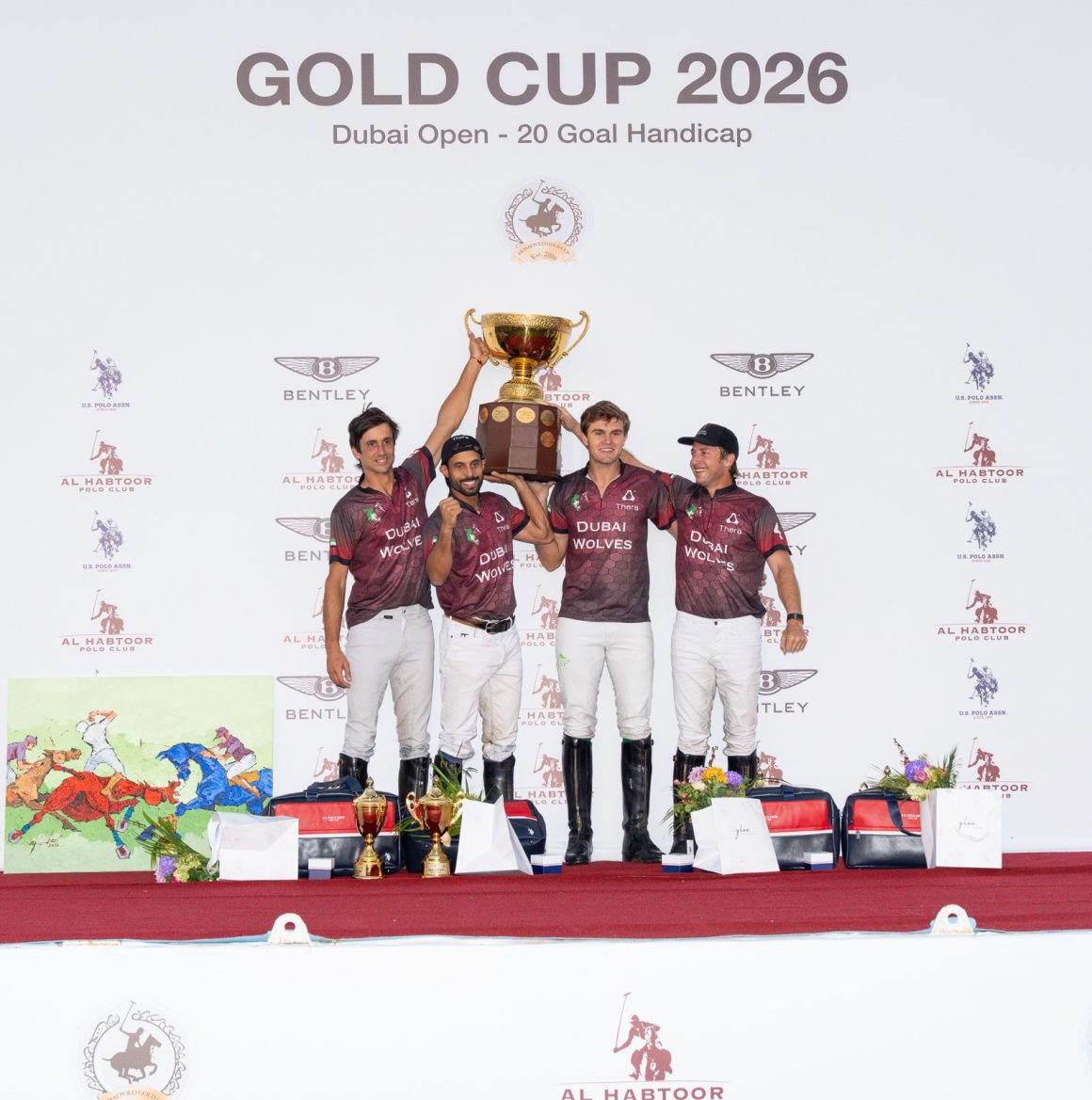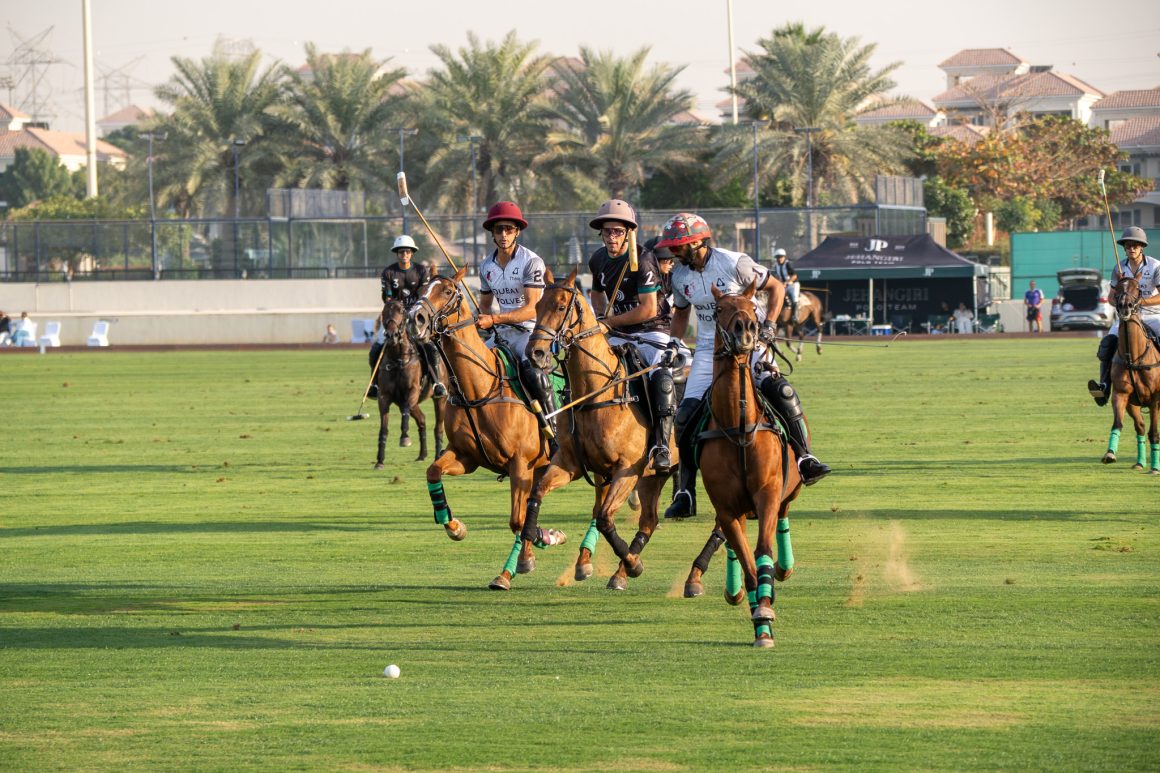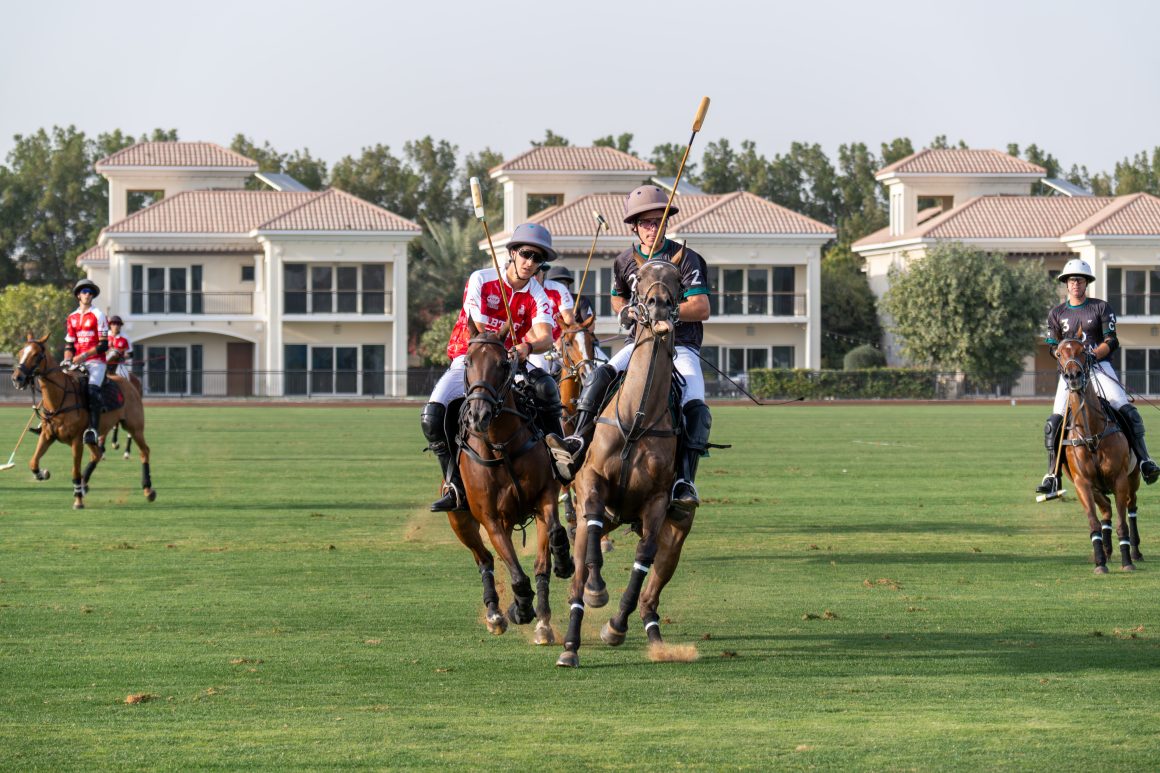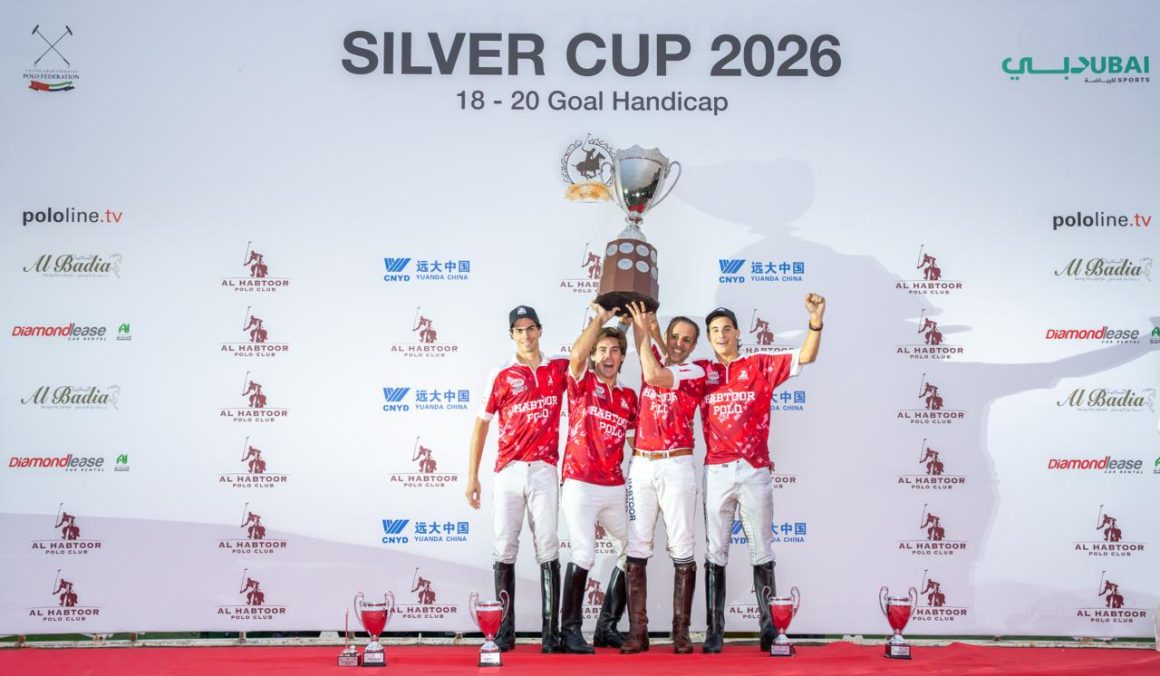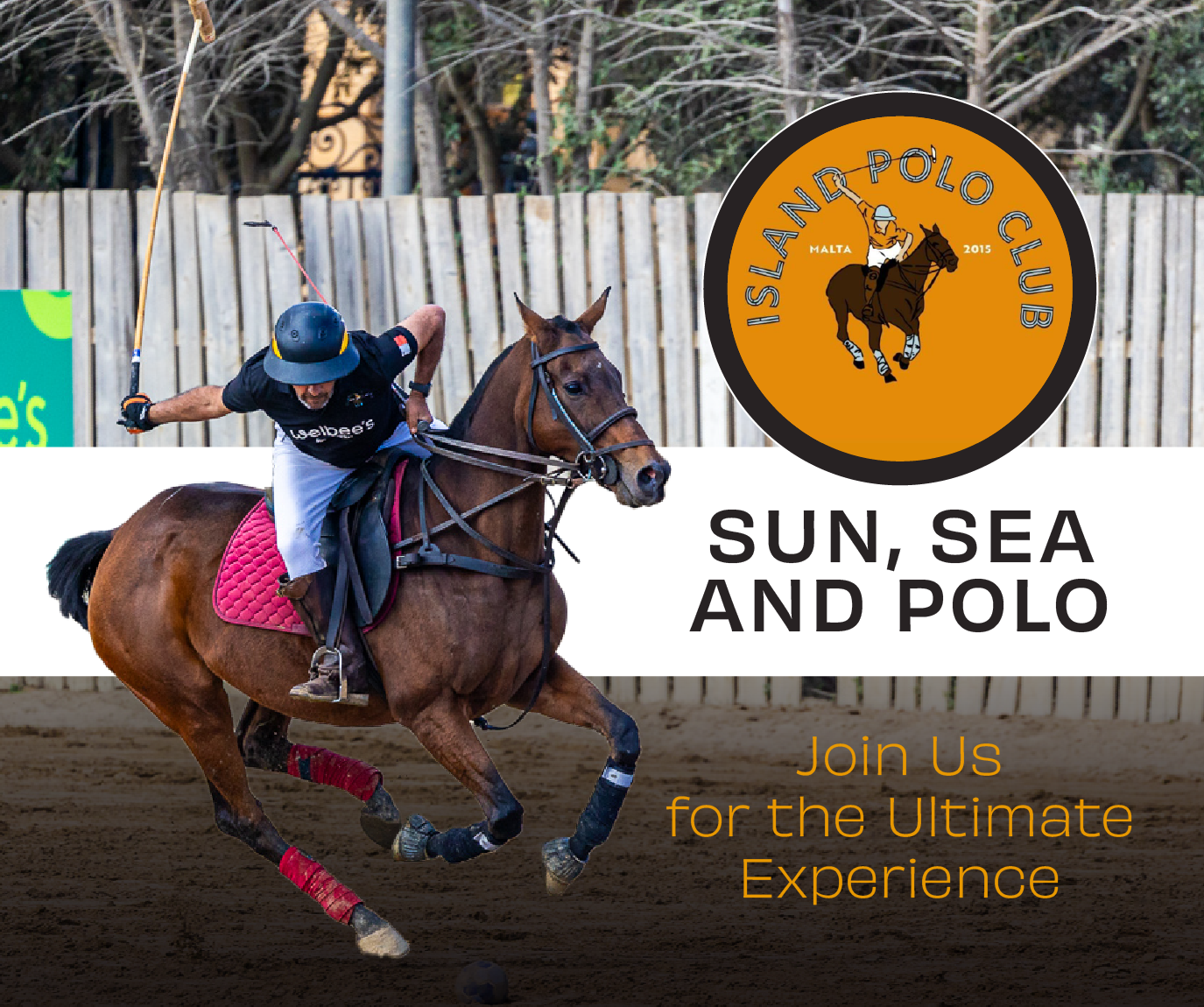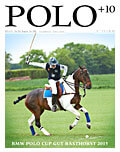Kristin Grube accompanies athletes in the field of mental coaching. She is an enthusiastic polo player and can always be found in Argentina during the winter months.
For the polo player life is always about continuous development. Perfecting the swing, training and playing better horses, increasing a handicap, getting new sponsors on board,winning tournaments -are all top level priorities. However another key performance factor long appreciated by sports such as golf or tennis comes in the form of Mental Training. When most people think of this it conjures up images of blue chip company executives and not of athletes, but Mental Training can do much more and almost every sport discipline and every athlete can benefit from it. Since the mid-1980’s Mental Training has been on the rise and has proved itself relevant both in the corporate and sports sectors becoming increasingly popular as it gains traction.
Here are just a few reported polo – related problem issues:
• I‘m the world champion in training, but I often can‘t access that fabulous performance in the game! Why is that?
• My nerves fail just in front of the posts and in the last few meters I miss goals that I thought were safely in the bag – What can I do to have my full polo skills (that I KNOW I possess) ready and available when it counts?
• My performance portfolio ranges from God of Polo to Complete Beginner not able to hit a single ball straight. How can I keep my performance at a consistently high level?
• I sometimes lose my nerve in the heat of the moment. What can I do to take better control of my emotions?
• My concentration fluctuates wildly, coming and going throughout the game. How can I concentrate better?
• Just the thought of hitting a penalty shootout makes my hands sweaty! How can I harness my nervousness?
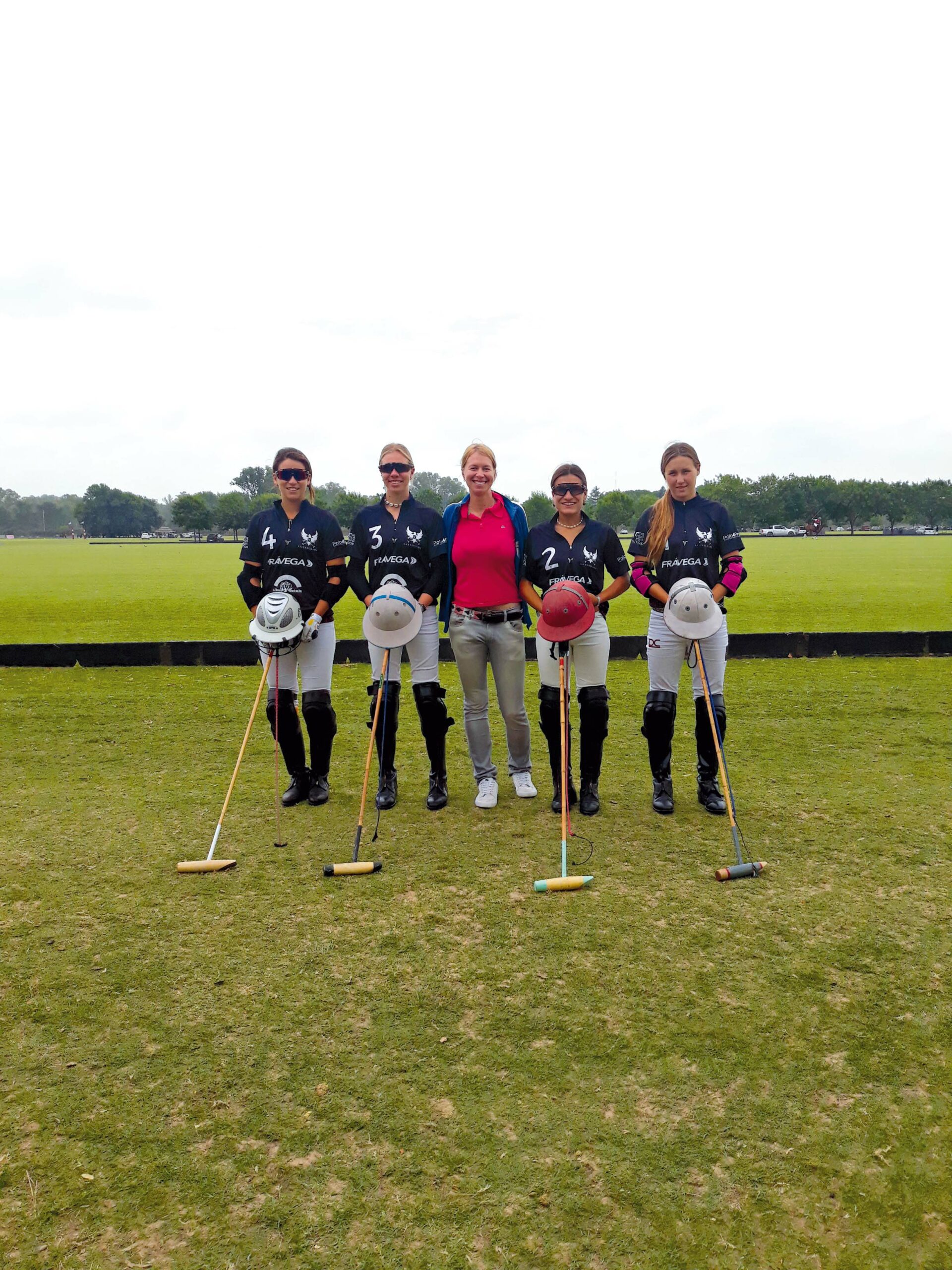
© private
Every polo player probably has experience of these issues more or less first-hand.
Frustratingly, further physical training to improve the swing or riding technique does not necessarily lead to improvement. But why not? The answer is simple: because the player is most probably not lacking technical or physical skills, but mental ones!
With the help of Mental Coaching, these and other questions can be answered. The Mental Coach helps athletes to make better use of their physical and mental potential.
During the sessions personal goals are set, stress factors analyzed and hindering thought patterns identified and rephrased into more positive ones. The Mental Coach can help to build confidence, reduce nervousness and strengthen concentration. The different techniques are designed to show the player new ways to stay in the optimal performance area, The Zone, more often and for longer.
In this issue of Polo+10 we take a brief look at Pre Game Preparation. In order to further develop our skills, goal setting is key. But actually why? Well, without some kind of target we cannot judge where we are at present in relation to where we aspire to be. Whether we come out of a tournament successfully depends to a large extent on what exactly we wanted to achieve.
We need goals so as not to leave success and advancement to chance. Goals need to be defined, pursued, subjected to a reality check from time to time, and the status quo needs to be analyzed.
In general, we distinguish 5 categories: short-term, medium- and long-term, very far-reaching goals and dream goals.
Have you clearly defined these goals for yourself? Have you internalized them and perhaps written them down in a kind of diary? If not, now is a good time to start. Write down everything you plan to do and break it down into those 5 areas. Be sure to make your goals as specific as possible.
A game plan is also an essential part of preparing for any game or training session. Do you work that out for yourself and for the team before each game? It might sound trivial, but every training chukker, and every stick & ball session should have an intentional goal – not just the ones at either end of the field. What exactly do you want to practice, which shot, which strategy or move, where exactly on the pitch do you want that ball currently in front of your stick to land?
If you regularly find yourself just hitting balls all over the field then your goals are not well formulated. If you just want to walk away as a competition winner then your goals are simply not well formulated. Or indeed, if its the other way round and you just don‘t want to lose – then you’ve also not really received the memo!
Top tip is to write down what you intend to do and how you’re going to do it – so at the end of the game or training session you can check on yourself and take to task if necessary!
Best of Luck!
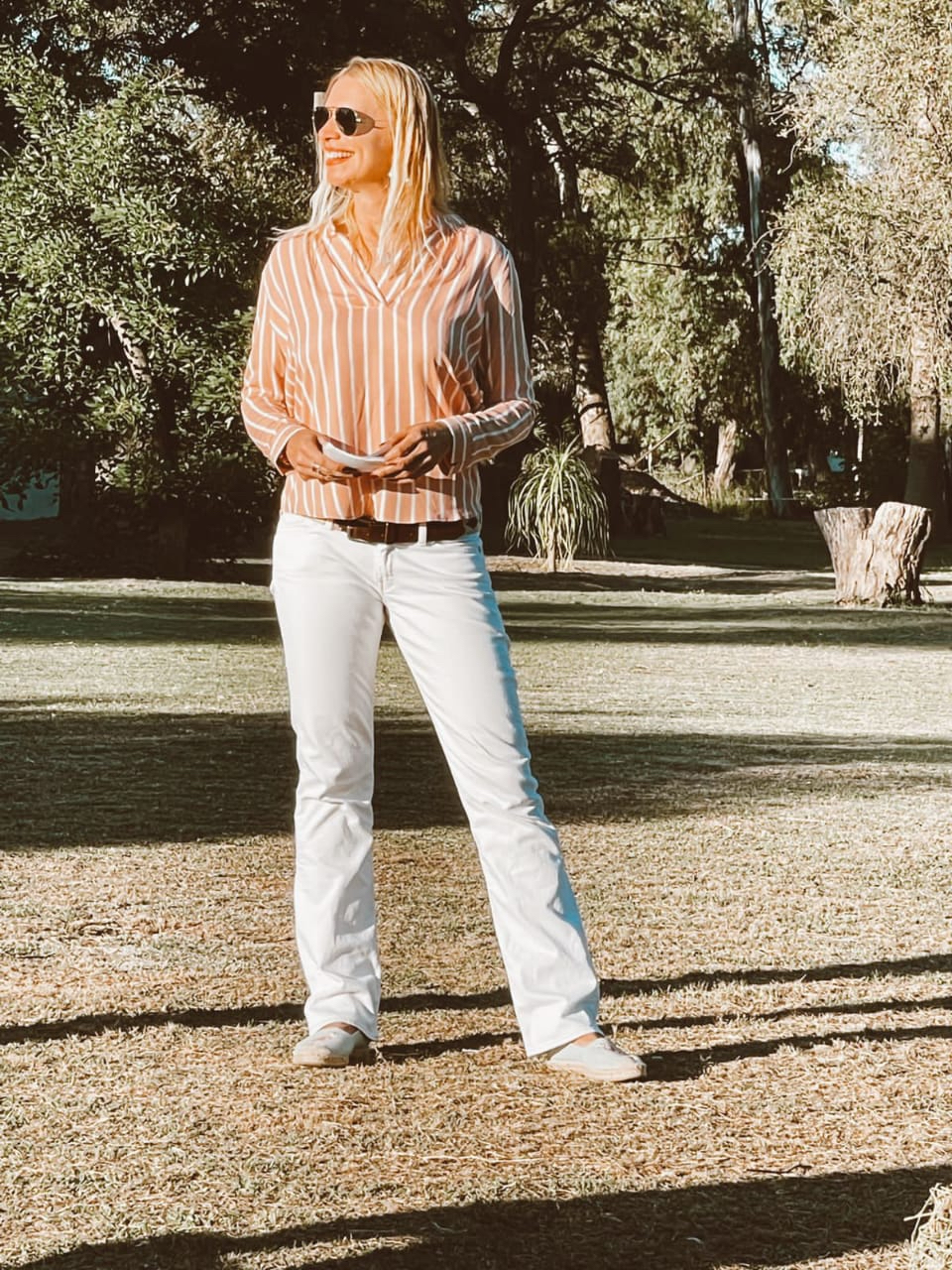
© private
Kristin Grube
Kristin Grube accompanies athletes in the field of mental coaching. She studied business administration in Germany and Italy and speaks German, English, Spanish and Italian. Kristin has worked in corporate business for over 20 years, including in Dubai and Argentina, and completed her coaching training at the International Mental Game Coach Association in the USA. She is an enthusiastic polo player and can often be found in Argentina during the winter months.
Instagram:
https://www.instagram.com/polomentalcoaching/
Facebook:
https://www.facebook.com/PoloMentalCoaching
Twitter:
https://twitter.com/PoloMentalCoach
Linkedin:
https://www.linkedin.com/in/kristin-grube-coaching/




